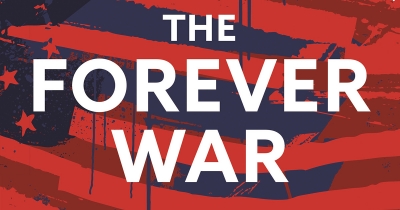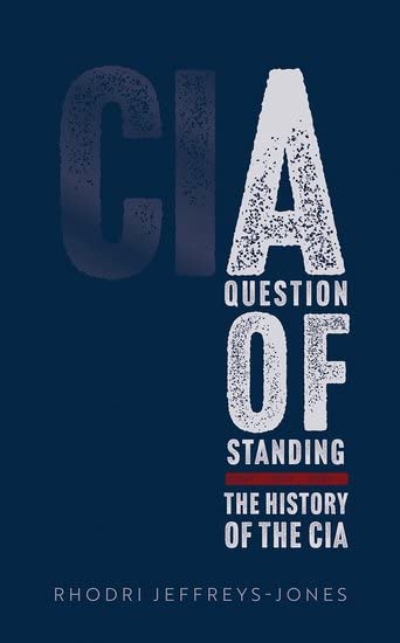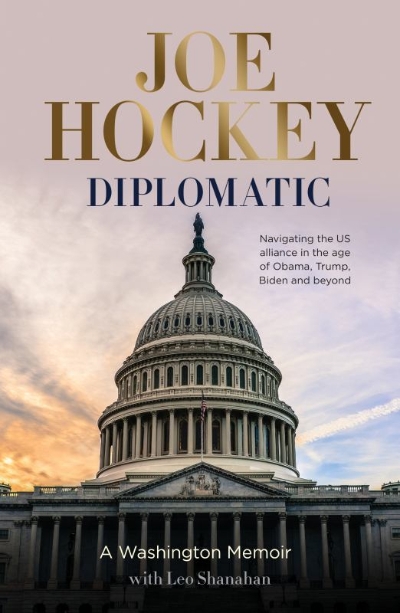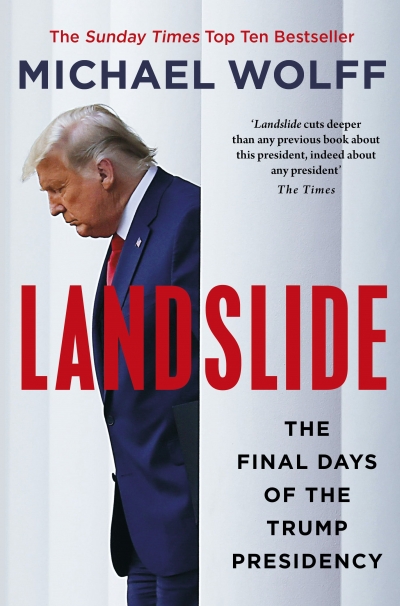Accessibility Tools
- Content scaling 100%
- Font size 100%
- Line height 100%
- Letter spacing 100%
Timothy J Lynch
The ABR Podcast
Released every Thursday, the ABR podcast features our finest reviews, poetry, fiction, interviews, and commentary.
Subscribe via iTunes, Stitcher, Google, or Spotify, or search for ‘The ABR Podcast’ on your favourite podcast app.
The red thread: Xi Jinping’s ideology of power
by Neil Thomas
This week on The ABR Podcast, Neil Thomas reviews On Xi Jinping: How Xi’s Marxist Nationalism is shaping China and the world by Kevin Rudd. Thomas explains that even China watchers find it hard to be clear on the thoughts and plans of the leader of the Chinese Communist Party. They disagree, he tells us, on basic, critical questions, such as for how long Xi will rule. ‘Enter Kevin Rudd’, Thomas writes. ‘In his latest book, former prime minister Kevin Rudd adds a worthy new chapter to his life of public service, digesting thousands of pages of “Xi Jinping Thought” so that you do not have to’. Neil Thomas is a Fellow on Chinese Politics at Asia Society Policy Institute’s Center for China Analysis in Washington DC. Here is Neil Thomas with 'The red thread: Xi Jinping's ideology of power' by Neil Thomas, published in the December issue of ABR.
Recent episodes:
The Forever War: America’s unending conflict with itself by Nick Bryant
The United States is entering an important phase. By this time next year, with most presidential candidates declared, we will know whether the republic is post-Trump and returning to ‘normalcy’ or approaching peak-Trump and moving toward some sort of civil discord. I predict the former. The midterm elections in November 2022 revealed a nation grasping for the centre. The extremes of left and right did poorly. I expect this trend to continue through November 2024. So, for centrists, some New Year reasons to be cheerful.
... (read more)A Question of Standing: The history of the CIA by Rhodri Jeffreys-Jones
Diplomatic: A Washington memoir by Joe Hockey with Leo Shanahan
Landslide by Michael Wolff & Peril by Bob Woodward and Robert Costa
The Churchill Complex: The rise and fall of the special relationship by Ian Buruma
Whatever we might think of him, Donald Trump has proven to be one of the most transformative figures in recent history. In today's episode, Timothy J. Lynch talks to ABR Editor Peter Rose about three new and highly critical books on Trump: Too Much and Never Enough by Mary Trump, A Very Stable Genius by Philip Rucker and Carol Leonnig, and The Room Where It Happened by John Bolton. As Lynch writes in his review, 'There is a paradox that these books illustrate but cannot resolve: why is a man so chaotic, so reviled, so malignant also so transformational?’
... (read more)In year four of their respective terms, George W. Bush and Barack Obama enjoyed a mixed press. Some accounts lauded them, others were sceptical. The assessments were uniformly partisan. The titles of contemporary books reflected how Republicans backed Bush (he was ‘The Right Man’), Democrats Obama (for successfully ‘Bending History’). Donald Trump, on the other hand, stands as one of the most vilified presidents in American history, from all points of the spectrum. Indeed, these books together make the case that the forty-fifth president is a man so psychologically flawed he poses a clear and present danger to American democracy.
... (read more)








